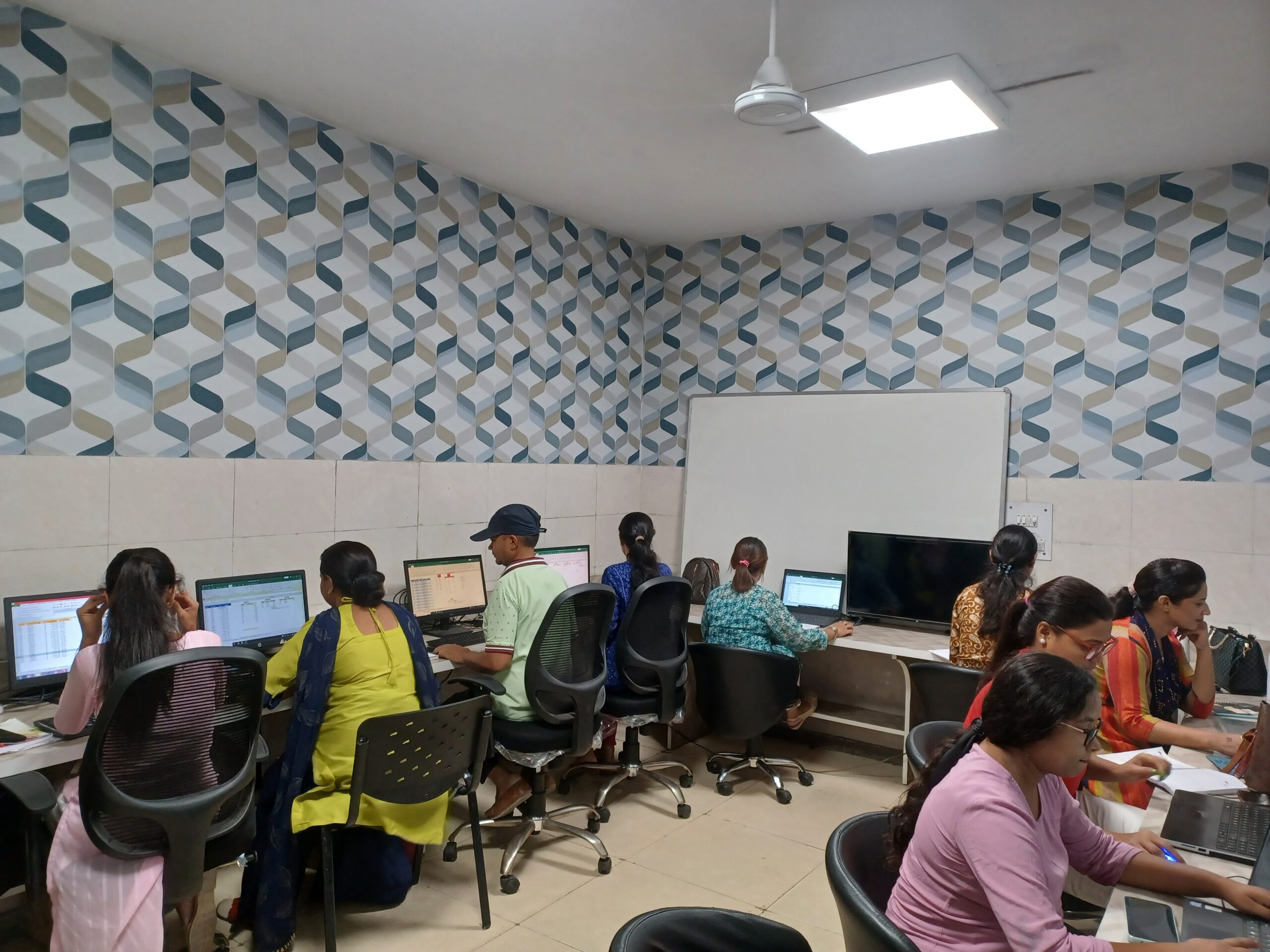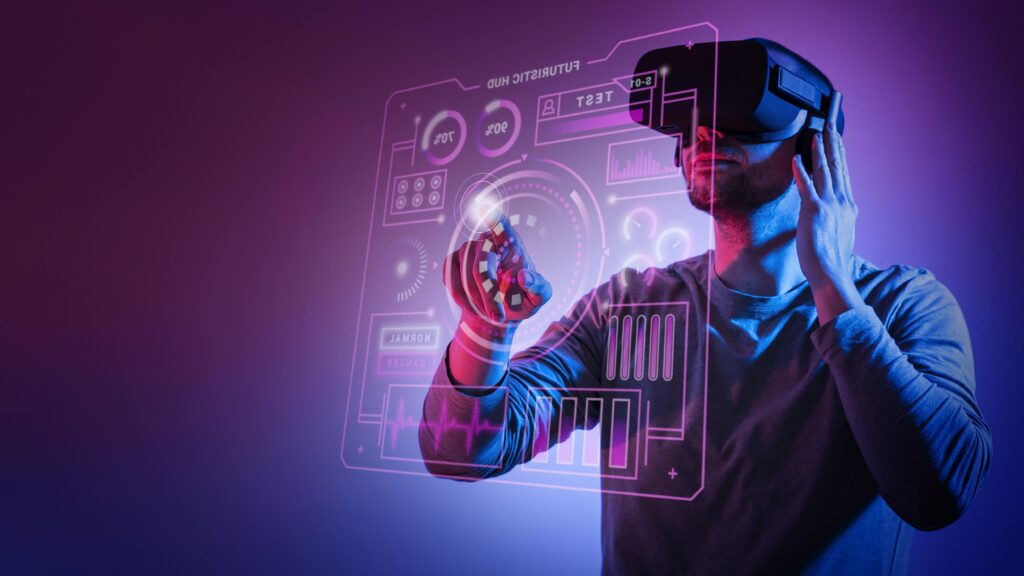Embracing the New Era: Exploring Technical Courses Shaping the Future

Introduction: In the ever-evolving landscape of technology, a new era has emerged, bringing forth unprecedented advancements and opportunities. As industries rapidly transform, the demand for skilled professionals is at an all-time high. To navigate this dynamic terrain, individuals are turning to cutting-edge technical courses that equip them with the knowledge and expertise needed to thrive in the modern world.

I. The Rise of Specialized Technical Courses: Traditional educational paths are being complemented, and in some cases, even replaced by specialized technical courses. These courses go beyond conventional degrees, offering a more focused and practical approach to learning. From data science and artificial intelligence to blockchain and cybersecurity, students now have the opportunity to delve deep into niche areas that align with the demands of the digital age.
II. Bridging the Skills Gap: One of the key drivers behind the surge in technical courses is the growing skills gap in various industries. Employers are seeking candidates with specific skill sets that are often not adequately covered in traditional educational programs. Technical courses address this gap by providing hands-on training and real-world applications, ensuring that graduates are job-ready from day one.
III. Flexibility and Accessibility: The new era of technical courses is characterized by flexibility and accessibility. Online platforms and e-learning initiatives have democratized education, making it possible for individuals to acquire valuable skills from anywhere in the world. This accessibility is particularly crucial in a world where remote work and global collaboration have become the norm.
IV. Industry-Relevant Curriculum: Unlike some traditional courses that struggle to keep up with the pace of technological change, technical courses are designed with input from industry experts. This ensures that the curriculum remains relevant and reflects the latest trends and technologies. Students gain insights into the practical challenges faced by professionals in the field, enhancing their ability to contribute meaningfully upon entering the workforce.

V. Integration of Emerging Technologies: The new era of technical courses goes beyond teaching fundamental concepts. It immerses students in the world of emerging technologies such as machine learning, augmented reality, and the Internet of Things (IoT). This forward-looking approach prepares individuals not just for the present job market but for the challenges and opportunities that lie ahead.
VI. Building a Diverse Talent Pool: As the tech industry becomes increasingly inclusive, technical courses play a pivotal role in building a diverse talent pool. By providing accessible and targeted education, these courses empower individuals from various backgrounds to enter and thrive in technology-related fields, contributing to a more representative and innovative workforce.
Conclusion: The era of technical courses marks a paradigm shift in education, aligning with the fast-paced changes in technology. As individuals recognize the need to stay relevant and competitive in the job market, these courses offer a gateway to a future where innovation and expertise are valued. Embracing the new era of technical education is not just a choice; it’s a strategic imperative for those looking to shape the future of technology and contribute meaningfully to a rapidly evolving world.

